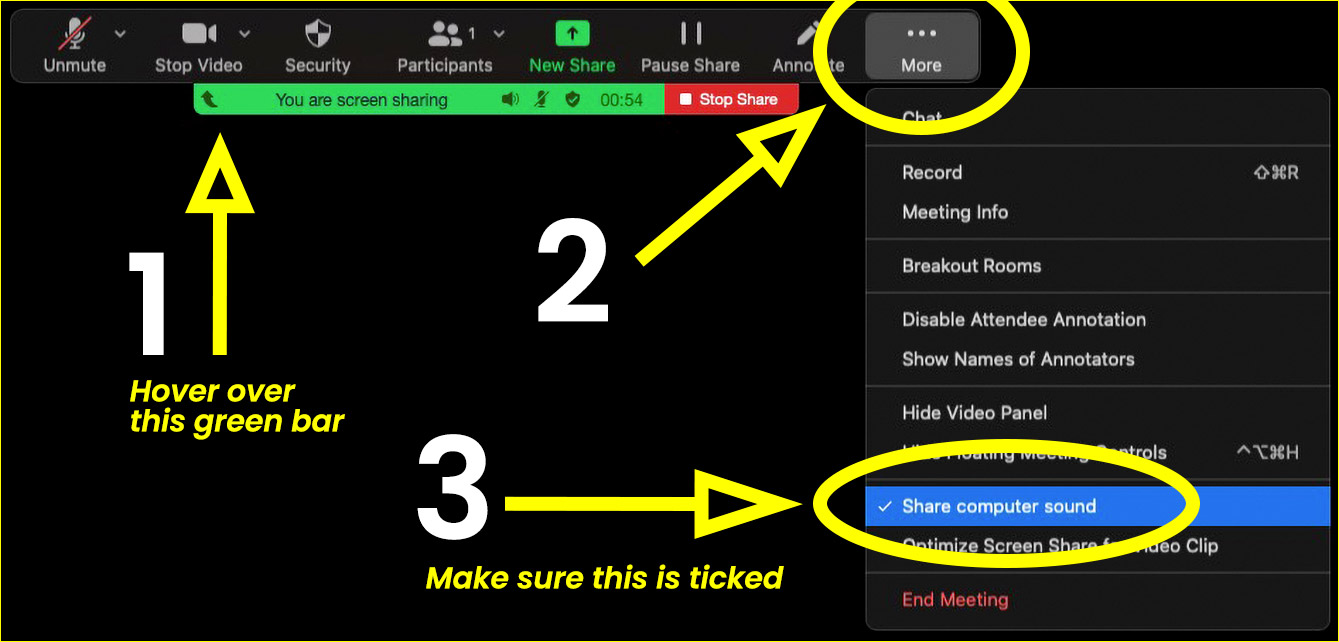There’s a soft-skill super power that’s marking the distance between the successful and the struggling in a tumultuous 2020.
Emotional Intelligence
Ok, so emotional intelligence, or EiQ, is not a new concept. We know it matters, we know we need to understand it to get ahead in business and in life.
But what’s changed is the way we apply emotional intelligence in the workplace in the post-pandemic world – or at least, how we should.
Organisational Psychologist Blake Redding, from workplace strategy consultancy Mapien, notes that the thing setting successful teams apart from those who have struggled through this ‘unprecedented’ time appears to be the leader’s capacity for empathy, trust and connection – all hallmarks of emotional intelligence.
“By definition, it’s about appreciating and understanding other people’s perspectives. With that understanding you can build stronger trust and rapport.”
The other F word
So, how can we achieve that?
“It comes down to trusting your team, and creating opportunities for connection. And, as one of my colleagues says, getting comfortable with the F word.”
(Everyone, stay calm. He means ‘feelings’).
“It’s important to get used to checking in on how you’re feeling, as the first step towards understanding how those around you may feel. Then use that insight for framing – understanding other people’s frame of reference for how they’re feeling, how things are impacting their life – and recognising that those feelings will likely shift and change through the day’.
For example, is the colleague who suddenly found themselves both leading a team and managing school work for three kids perhaps keen to escape to the comparative freedom of adult conversation in the office? Or maybe there’s an outgoing singleton who struggled with the isolation of lockdown, or the introvert who, frankly, thought isolation was wonderful and wants to know if we can stay there for a few more months, thanks.
Building Empathy
Taking the time to consider and understand where team mates are coming from can go a long way towards helping you bring everyone together to focus on the team’s shared purpose. This is even more critical for the team’s success when teams are split across locations, with remote/partially remote team members logging in virtually each day.
Building emotional intelligence is an important step for leaders and employees – fortunately, it’s a learned skill. If you’re ready to help your team make the transition, coming together to redefine your team identity and build soft skills, explore our emotional intelligence workshops, which can now be delivered onsite, or through the virtual classroom.

